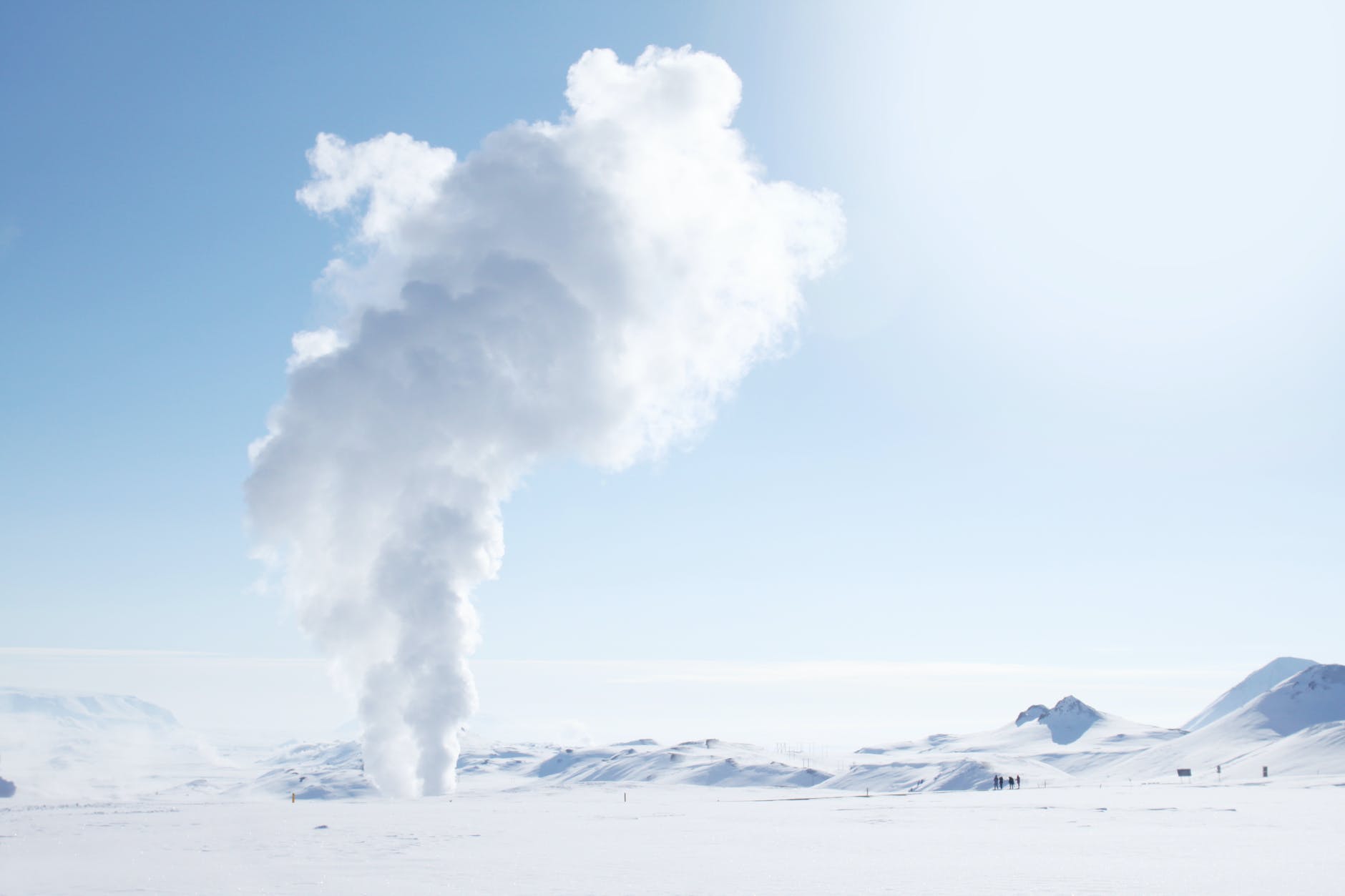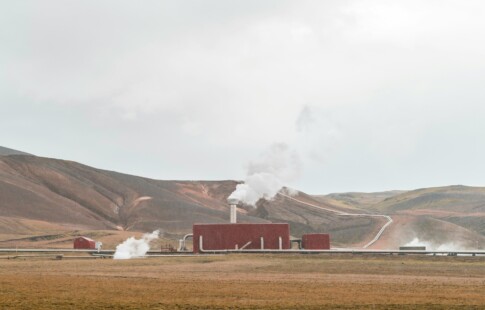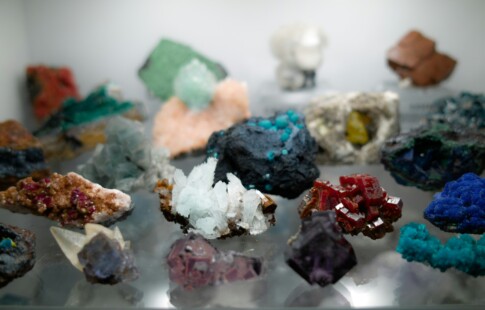
Propane vs. Geothermal: Which Should You Invest In?
We are reader-supported. When you buy through links on our site, we may earn affiliate commission.
There are some great options available for heating your home, but two of the best options are propane and geothermal. Each one provides different benefits and has different drawbacks to it. Understanding the differences can help you make the best decisions for your situation. Propane vs. geothermal isn’t just about the cheapest option, though. You also have to take into account how it will affect the value of your home, how it will pay you back over the long-term and what kind of improvements in the area you can expect.
Propane Benefits
Propane offers high-efficiency heating systems that most people are familiar with. An updated system can add significant value to your home, and practically every HVAC service will know how to work with it. If you run into any issues, it will probably be relatively easy to fix. All of these things are incredibly important aspects in the depths of winter
.You can also use propane for parts of your home besides heating. You can use it to run various appliances like your stove and oven, and the efficiency of a propane heating system is no joke. They top the market as one of the most efficient heating systems available. This helps to make them better for the environment than other gas-powered furnaces. They use about 97 percent of the heat they emit, while most other heaters will allow as much as 20 percent to escape as emissions. If you want to be environmentally friendly, this is a good option.
You also get a lot of variety when it comes to propane. Depending on how your home is set up, you can choose between three styles of heating. Wall units, central units and combination units are all available. Wall units are great for small spaces. Central units offer the highest efficiency, and combination units allow you to use propane for other appliances like water heaters.
Geothermal Benefits
Geothermal is vastly different from propane. Instead of a classic combustion system, geothermal heat uses a series of underground pipes. It will draw heat from the warmer soil beneath the surface during the winter, and siphon it back into your home, keeping it at a comfortable temperature. It will provide the same service of heating your home, but with a few additional benefits:
- You won’t receive a monthly bill for it.
- The heat will be stable.
- It’s about as clean as you can get.
There are emissions associated with building any heating system, but once a geothermal system is established, it has nearly zero emissions. This can make it extremely attractive to anyone who is concerned about the environment and is looking to craft a home that won’t need to be updated to fit changing standards.
You probably noticed that propane could be used for heating and hot water. The same is true of geothermal, but the same system that keeps your home warm in the winter will also keep it cool in the summer, eliminating any need for a separate air conditioning system. Hot water can be added on for an additional price. Once you have it, though, you never need to pay for it again.
As technology for geothermal improves, more options become possible. Instead of heating a single home, it would be entirely possible to create an underground geothermal field designed to heat multiple homes. If this particular idea manages to take off, then the conundrum of propane vs. geothermal would essentially be null.
Propane Cons
Of course, propane doesn’t pop up out of the ground and find its way to your home. You have to pay to have it filled regularly. Depending on how much you need to use, that can get expensive pretty quickly. The cost of propane itself is also likely to vary with the price of oil, the season of the year and the availability of it. As demand increases for propane, supply doesn’t grow with it. Instead, because of how propane is produced, there’s a rather steady supply of it year-round. It can’t fluctuate with demand, and that can cause price hikes for consumers.
If the home you’re in doesn’t already have a propane heating system, there’s a pretty hefty upfront cost to install one. This can be worth it, though, if you’re losing a great deal of efficiency with an older system that needs to be updated anyway.
Lastly, there are always health risks. Any kind of gas heating system is a potential fire hazard, but basic safety inspections and regular maintenance can counteract those. Propane isn’t really any more dangerous than other furnaces, despite what you may have heard. And it’s almost certainly less risky than having an open fireplace!
Geothermal Cons
The very nature of how geothermal works should be a significant consideration. It requires underground pipes to be dug, which may be impossible if you live in an urban or developed area and don’t have enough ground for it. It may also violate homeowner codes in certain associations.
If you live in an area where the ground has permafrost, it may also be almost impossible to dig deep enough to generate comfortable heat. That alone could prevent you from being able to use geothermal. Plus, if you live in an area with permafrost, you probably won’t get too much use out of the system’s ability to cool your home, either!
There may be a similar challenge when it comes to the hot water. If you like very hot showers, geothermal heat might have some difficulty delivering that for you. If it can, it may take a longer time to restore the hot water after, just because there is no flame.
The other biggie for geothermal is the cost of installation. Yes, once it’s installed it costs practically nothing, but the price tag for that installation isn’t something to ignore. It’s easily the most expensive installation of any heating system. That’s because you have to dig and install underground pipes. When it comes to installation prices of propane vs. geothermal, propane wins it by a long shot. Most geothermal systems will pay for themselves within 10 years, but that’s still a pretty significant price gap.
Conclusion
What you need for your home depends on just that — your home. A mobile home probably wouldn’t benefit much from geothermal heating. On the other hand, an apartment complex that could install geothermal heat for multiple units would see massive savings and attract a great many clients.
The best option is still too dependent on individual situations to call a clear winner, but one thing is sure: Fossil fuels won’t be around forever. As their prices increase, geothermal expenses are likely to get lower. That will make this a more realistic option for people.
Share on
Like what you read? Join other Environment.co readers!
Get the latest updates on our planet by subscribing to the Environment.co newsletter!
About the author

Jane Marsh
Starting from an early age, Jane Marsh loved all animals and became a budding environmentalist. Now, Jane works as the Editor-in-Chief of Environment.co where she covers topics related to climate policy, renewable energy, the food industry, and more.





